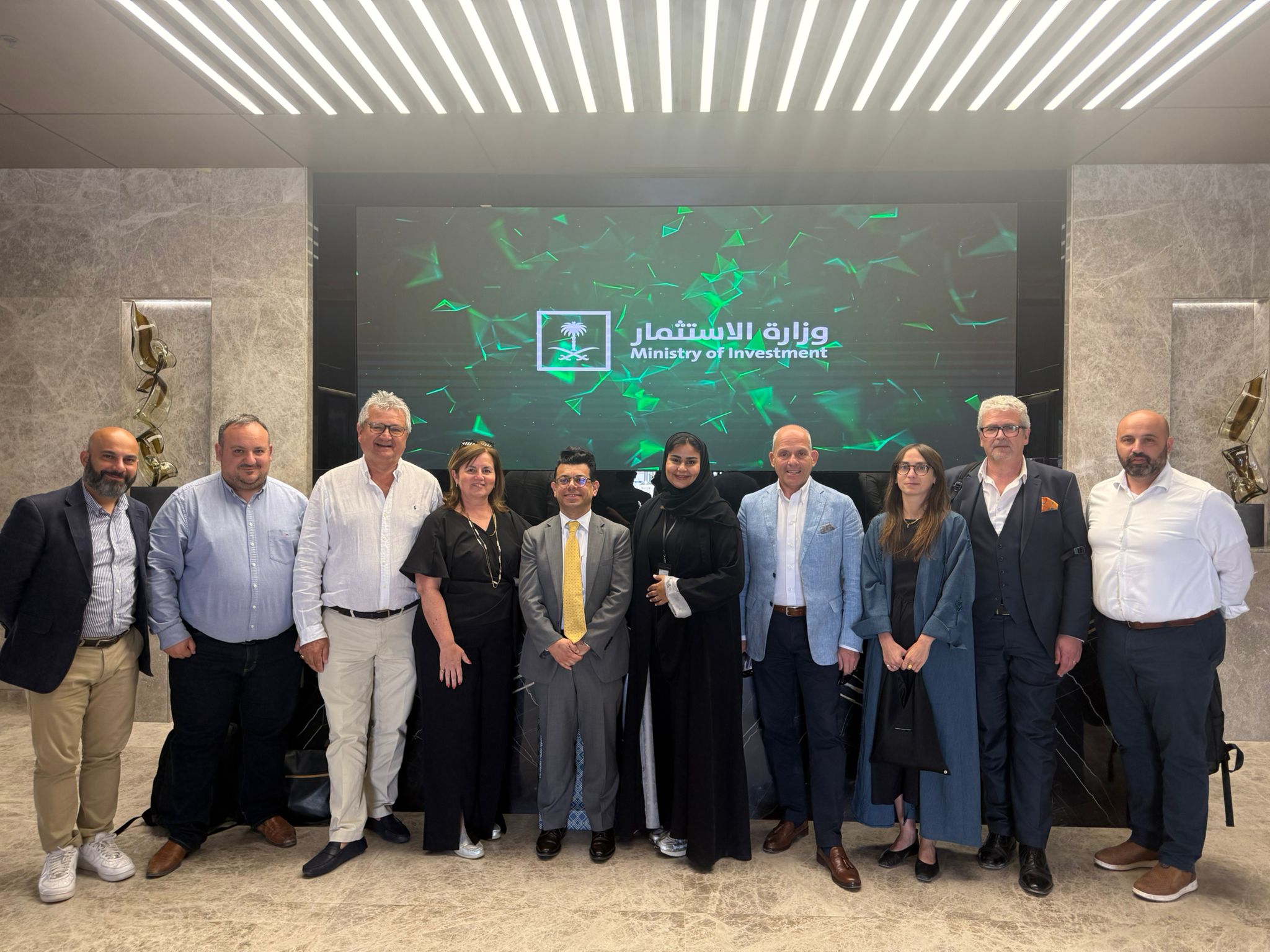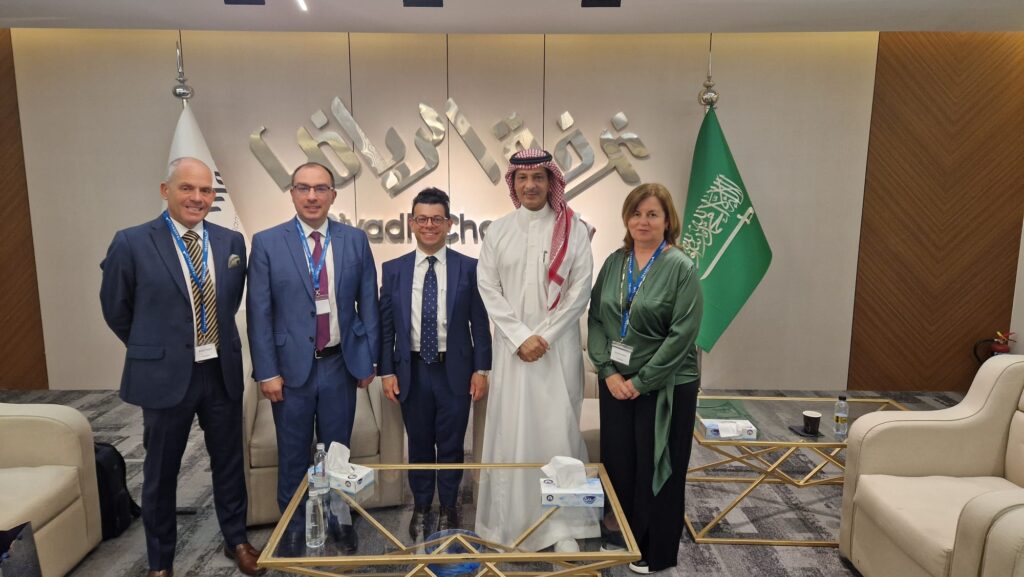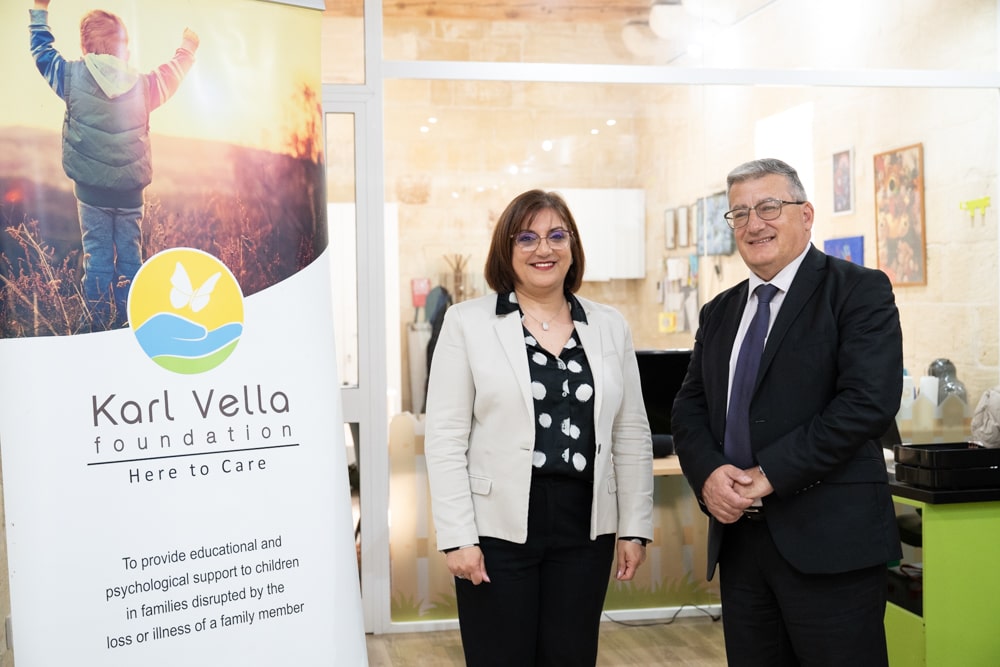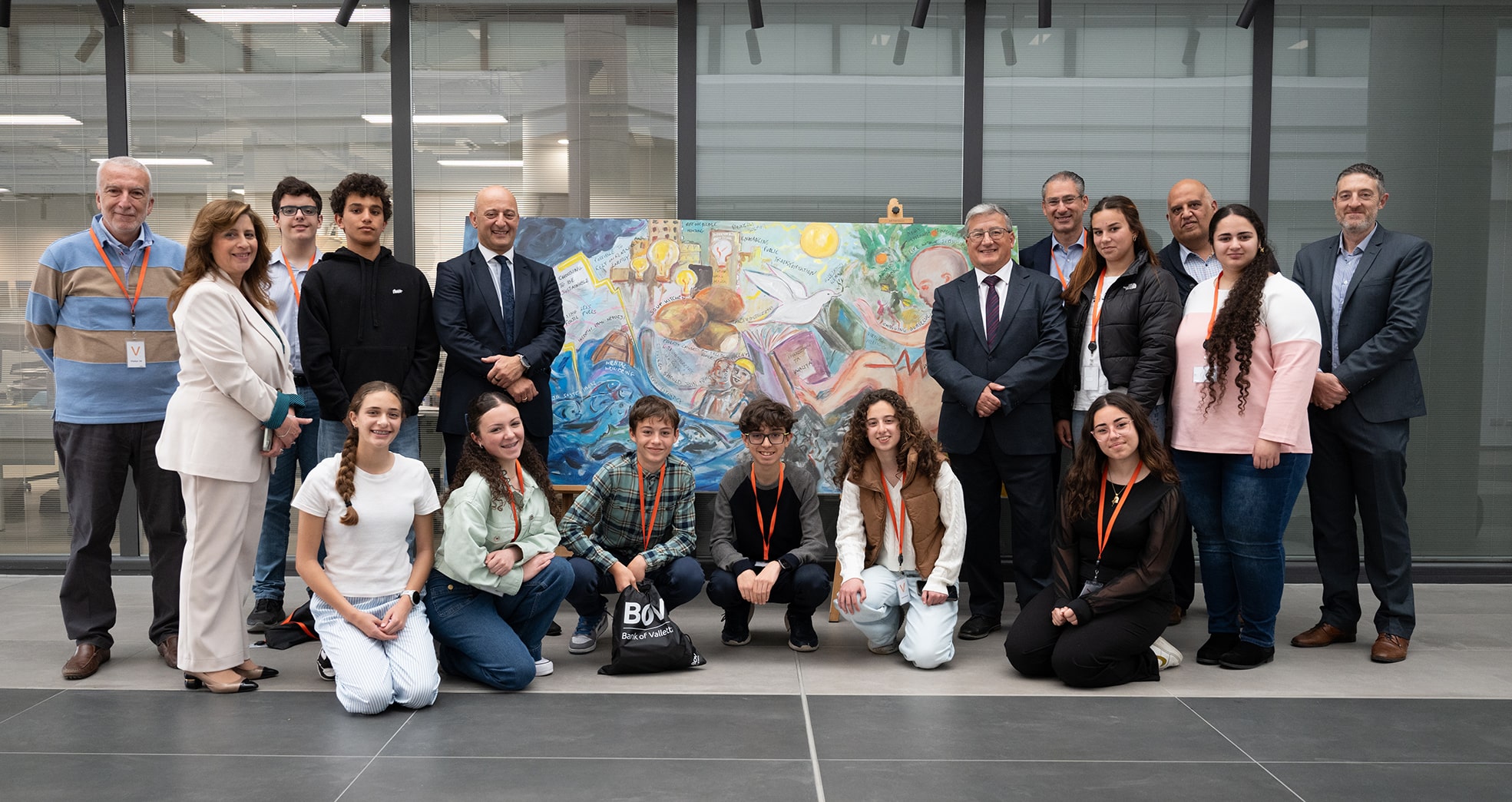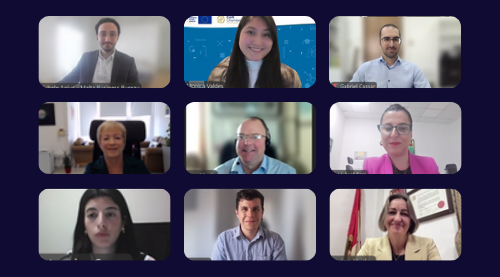Bank of Valletta’s Chief Operations Officer, Ernest Agius, recently visited Prevarti Laboratories to observe the final stages of restoration on two significant artworks by celebrated Maltese artist Gianni Vella. The paintings — St John Baptising Christ in the River Jordan and Abraham Genuflecting in Front of the Three Angelic Visitors — are the last in a series of four restoration works being supported by the Bank through its Corporate Social Responsibility (CSR) programme. These paintings are set to return to the Holy Trinity Parish Church in Marsa upon completion.

This conservation project forms part of Bank of Valletta’s commitment to safeguarding Malta’s cultural and artistic heritage. In August 2024, the first two paintings — God Breathing Life into Adam and The Sending of the First Apostles — were successfully restored and reinstalled at the Marsa parish, to the delight of the local community.
Bank of Valletta continues to place culture at the heart of its CSR strategy, supporting projects that honour the past while enriching communities in the present. “These works are more than artistic treasures — they are part of our collective memory and identity,” said Ernest Agius. “Bank of Valletta is proud to have played an important role in bringing them back to life and seeing them back home in the community of Marsa. This project is a tangible example of how public and private sectors can come together to protect what matters most for our country’s heritage.”


Led by Pierre Bugeja, founder and senior conservator at Prevarti Laboratories, the restoration team carried out delicate cleaning to remove layers of discoloured varnish and overpainting that had dulled the original hues and hidden finer details. Structural work was also necessary on both canvases, which had suffered from ageing and previous interventions. During the process, intricate brushwork, rich colour tones, and golden highlights were carefully revealed and consolidated, respecting the integrity of Vella’s original composition.
“Restoring art of this calibre is a delicate balance between science and soul,” explained Pierre Bugeja. “With the support of Bank of Valletta, we are preserving Gianni Vella’s legacy and seeing these works of art returned to the sacred space for which they were originally intended. Once reinstalled, the full ensemble of Gianni Vella’s four paintings will once again adorn Holy Trinity Parish Church in Marsa”.


